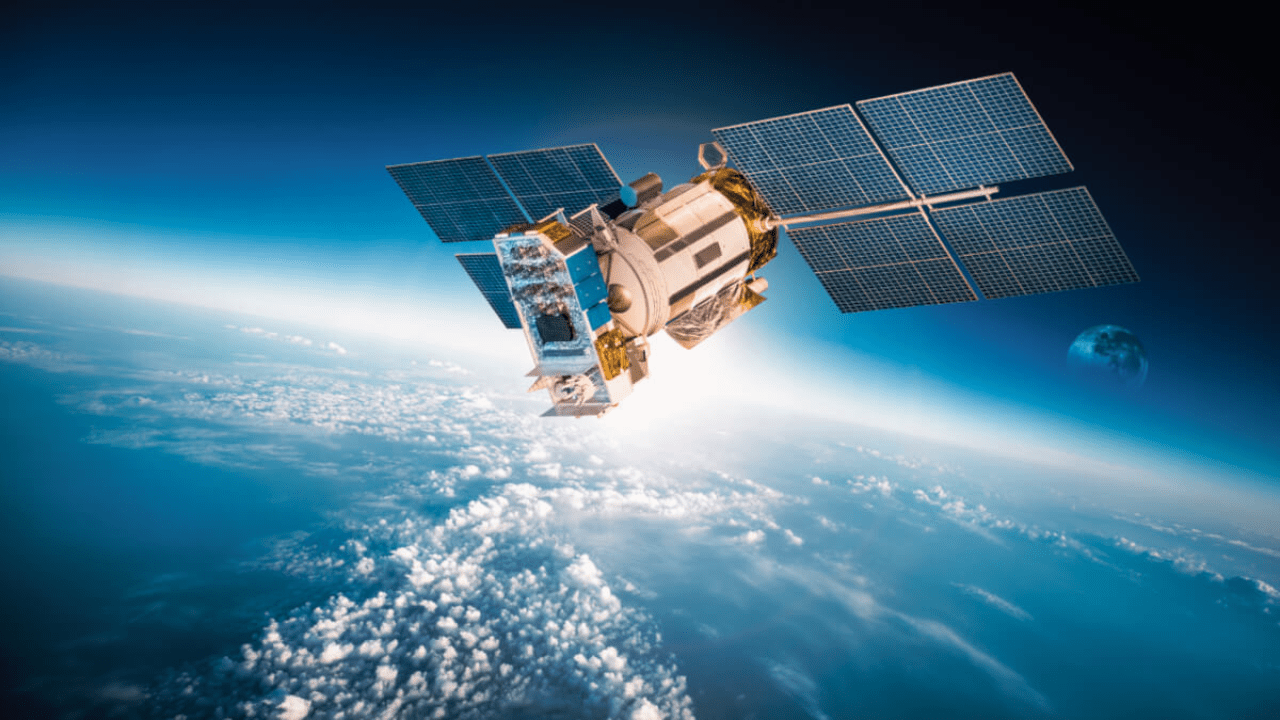Morocco’s Quest for Space Conquest
Morocco's entry into the space race reflects a strategic ambition to strengthen national sovereignty and regional influence.
The Mohammed VI-A and VI-B satellites mark a technological leap, giving Morocco advanced capabilities in surveillance, mapping, and security.
Through international cooperation, particularly with European partners, Morocco has built a solid foundation for its space program.
Beyond security, Morocco sees space as a tool for geopolitical positioning, sustainable development, and scientific progress in Africa.
In the era of New Space, marked by the arrival of new state or private actors in the conquest of space, Morocco, as an emerging power, also aspires to become a space power and to integrate the elitist and closed club of those developing in this field. Access to space is no longer just a scientific or technological matter, but a strategic lever enabling states to strengthen their sovereignty, their security, and their international influence.
Morocco, as a regional power, fits into this logic by developing its space capabilities to reinforce its sovereignty, its security, and its international influence. The launch of the Mohammed VI-A and Mohammed VI-B satellites illustrates this ambition, providing the country with advanced capabilities in observation, surveillance, and strategic intelligence. Thus, the development of the space sector is no longer merely a scientific or economic imperative, but is fully integrated into issues of security and defense.
Space as a base of strategic power, between geopolitical and security stakes in the conquest of space
The Moroccan space agency and its projects
Space constitutes a new field for asserting power and development for Morocco, which led the Kingdom to create a specialized agency and to collaborate with its foreign counterparts. The Royal Centre for Remote Sensing (CRTS) was created in 1989 and constitutes the Moroccan space agency. It was mandated to promote the use and development of remote sensing applications in Morocco and geographic information systems in order to meet the diverse needs of users in inventory, resource management, and land planning.
First of all, it is worth mentioning the TUBSAT program. The Royal Centre for Remote Sensing, jointly with the Institute of Aeronautics and Astronautics of the Technical University of Berlin, put into orbit on December 10, 2001, an Earth observation micro-satellite as part of the TUBSAT program, called Morocco-TUBSAT.
Placed into sun-synchronous orbit thanks to a Russian launcher from the Baikonur Cosmodrome in Kazakhstan, MAROC-TUBSAT is one of several satellites launched by the TUBSAT program and marks a first for the Kingdom, which was responsible for ensuring its launch and developing its payload.
The general objectives of the mission concerned Earth remote sensing (particularly regarding medium-scale vegetation detection) and the field of store-and-forward communications for mobile location, as well as the development of attitude control strategies for high-resolution Earth observation.
Subsequently, the satellite project was launched, serving different purposes; the Mohammed VI satellites refer to a system of two Earth observation and reconnaissance satellites (A and B) of the Pléiades type, designed by Thales Alenia Space on behalf of the Royal Centre for Remote Sensing.
Satellite A was launched on November 8, 2017, and satellite B on November 21, 2018, into sun-synchronous orbit by a VEGA launcher (of the ESA – European Space Agency), from the Kourou Space Centre in French Guiana.
Satellite A is used for military purposes such as monitoring the Polisario front in the "buffer zone", while satellite B is used for civil purposes, notably for cartography and land registry, as well as identifying disaster-stricken areas.
According to the Moroccan media outlet Le360, the two satellites have made it possible, through high-precision images, to produce no less than 370 maps and to support the development of several sectors such as agriculture, the environment, and the prevention and management of natural disasters.
Space, an instrument of national security and geopolitical positioning
The launch of the Mohammed VI-A reconnaissance satellite sparked some debates regarding Morocco’s right to equip itself with such a tool and the legitimacy of its access to these strategic technologies.
This was defended by Ahmed Réda Chami, Morocco’s ambassador to the European Union, stating in Brussels: “The Mohammed VI-A satellite will make it possible to see what is happening on national territory, notably in terms of weather – and this is important for our agriculture. The surveillance of illegal immigration is not excluded. We claim the right to modernity, but no one should worry because it is done with good intentions.”
Thus, the Mohammed VI-A/B satellites ensure national security through the surveillance of national borders, whether maritime or terrestrial, and any suspicious or hostile movement, such as within the Sahara or in the case of illegal migration flows. These satellites therefore prove essential for national security, the fight against illicit trafficking, and terrorism.
Morocco’s entry into the space domain marks a significant milestone in asserting itself as an African power. With the Mohammed VI-A and Mohammed VI-B satellites, the Kingdom now possesses strategic tools that enhance its sovereignty, security, and economic development. This space strategy extends beyond scientific or technological concerns and is rooted in a broader geopolitical and security framework. In the face of today’s challenges, Morocco demonstrates its willingness to adapt to new international dynamics. However, the country’s space projects and applications are not limited to security and defense. They also pave the way for scientific research, commercial development, and environmental protection.

